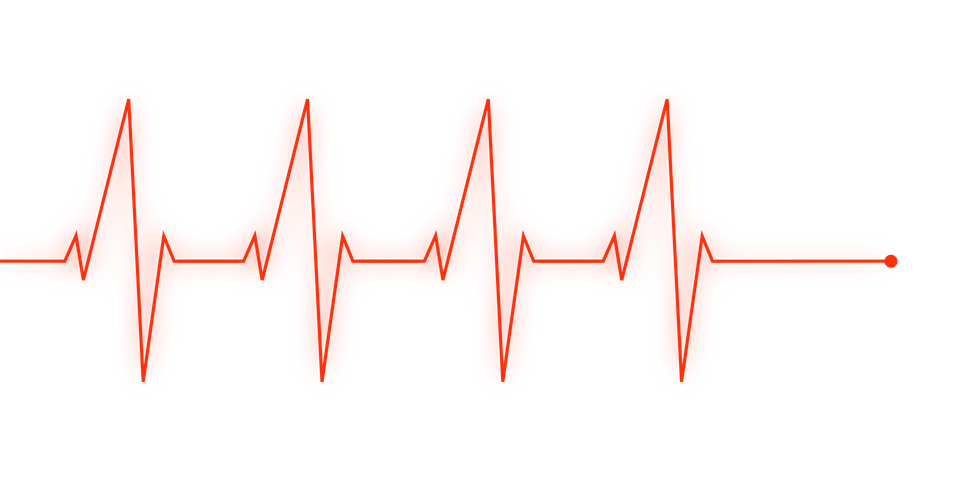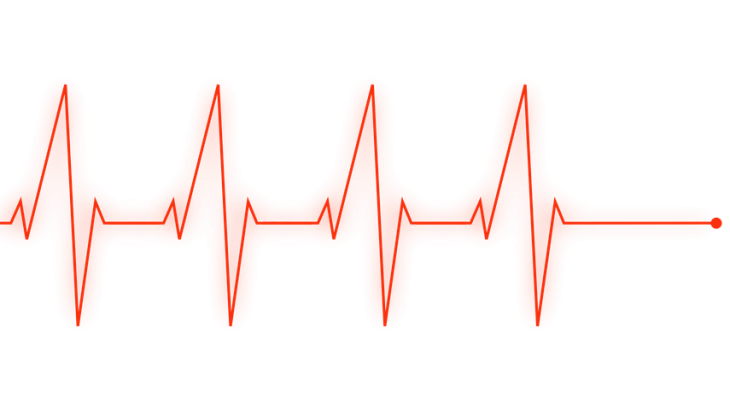While technology has eased the management of patient’s information, it has also left operators in the health sector exposed to malicious characters such as hackers. For this, regulatory agencies have enacted regulatory frameworks aimed at recognizing, preventing, and addressing the risks that come with having an electronic patient’s health information repository. As a company leader, you have a responsibility to ensure that existing policies in your organization are aligned to existing regulatory frameworks.

What is Healthcare Compliance?
Healthcare compliance is an ongoing exercise of matching up or even exceeding the set legal, professional, and ethical standards in a given realm of healthcare provision. As a health provider, Healthcare regulatory compliance dictates that your company must adopt effective processes, procedures, and policies that guarantee the safety of patients’ information and even the staff’s welfare.
The regulatory framework covers sections of managed care contracting, patient care, billing, and reimbursement.
The 2 Main Regulatory Compliance Frameworks.
1.Health Insurance Portability and Accountability Act
Established in 1996, the HIPAA seeks to cushion insurance holders from fraud, safeguard existing healthcare information, and lower the administrative costs for organizations providing health care services. The act requires that you should only capture or share data necessary to conduct business.
2. Health Information and Technology for Economic and Clinical Health Act
The HITECH advances on the information security measures enacted by the HIPAA framework. This act mainly focuses on improving the security of health information during transmission.
The Key Variations Between HIPAA and HITECH
While HIPAA and HITECH have many similarities, they also differ on several important details.
Although HITECH is an extension of the HIPAA framework, HIPAA mainly focuses on breach notification and privacy. HITECH defines the punitive measures for players in the sector who fail to comply thus exposing user’s information to manipulative characters.
In contrast to HIPAA that only prescribes a regulatory framework, HITECH spells out civil and criminal compliance penalties. Breach notifications requirement under HITECH also extends beyond mainstream healthcare entities and incorporated business associates.
From an information technology view, a compliance manager should ensure that any patient information stored, shared or transmitted should be encrypted efficiently. In essence, encrypting the data shields you from possible fines if malicious actors breach your ePHI as the information is unreadable.
Why Healthcare Regulatory Compliance is Important
Primarily, healthcare compliance is meant to improve patient’s care and safeguard information related to their illnesses or billing details. Since the regulations are based on the existing clinical standards, you’ll be able to make better management decisions for an organization.
Healthcare compliance helps identify problems that may set you on a collision path with the government. This, thus, saves you unnecessary friction with authorities which can affect your organization’s reputation in the eyes of patients. The compliance framework also aids in mitigating against sanctions or penalties that may be imposed on your company in case of a breach of your company’s IT systems.
Since healthcare compliance programs dictate that you should document any information captured and also observe the set clinical standards, your staff are less prone to malpractice that can result in disabling penalties or even closure of your organization.
How HITECH’s Compliance Impacts HIPAA Business Associates
Health compliance framework requires that players understand how information shared between parties in a supply chain can affect the different parties, including business associates. A Business Associate, in essence, is any entity or person who is not an employee of an organization but who performs functions or provides services for the covered entity. Business associates working with Medicaid are further required to ascribe to the Non-Emergency Medical Transportation regulatory framework.
This essentially means that though the business associate only acts as a service channel to the main entity, they should ensure that whichever information they collect is subject to set HITECH and HIPAA regulations. As the main player, you are liable to establish the working zones of your business associates to ensure they follow the rules and the set clinical standards.
What your Board of Directors Should Know About HITECH and HIPAA
A board of directors acts as the oversight authority in any organization and should thus be well versed in existing regulatory frameworks and the compliance implications. The board members should be aware of how they fit into your company’s supply chain.
The board members should always act as an independent arm of your company that reviews the HIPAA and HITECH frameworks, censor any vendor risks and proposes mitigation measures to safeguard your company.
Observing the healthcare regulatory frameworks can mean the difference between earning the trust of your patients, who are your main clients, and grappling with a battered reputation. Observing the HIPAA and the HITECH regulatory frameworks help you keep malicious actors at bay and government agencies out of your way.






